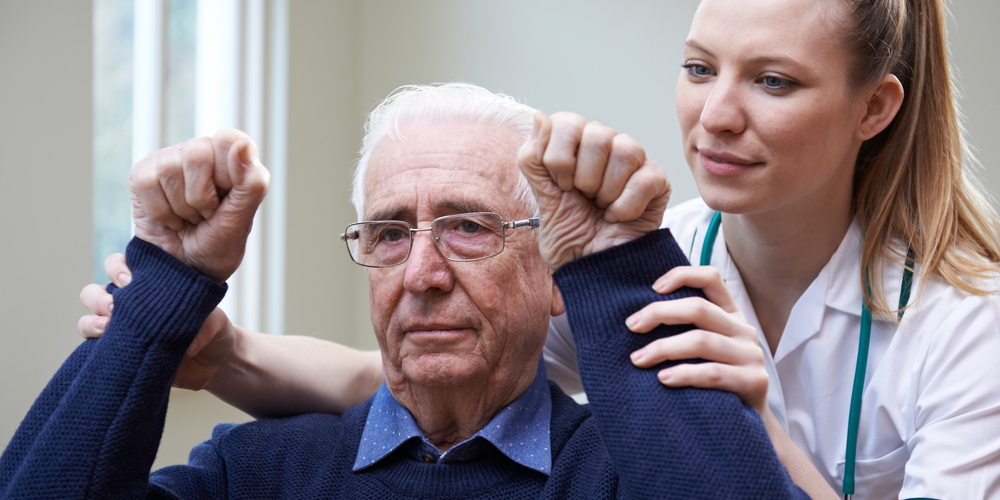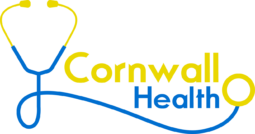
What is a stroke?
A stroke happens when the supply of blood to the brain is disrupted; usually this happens as a result of a clot (ischaemic stroke) or a haemorrhage (haemorrhagic stroke).
Recognising a stroke
You should look out for the following signs if you think somebody is having a stroke:
F: face- has the person’s face dropped on one side and are they able to smile?
A: arms- can the person life their arms and keep them raised?
S: speech- is the person able to talk; if so, are they slurring?
T: time- seek emergency help as quickly as possible.
A stroke can be extremely serious and potentially life threatening so it is important that you ring the emergency services as quickly as possible; you should tell the operator that the patient is displaying symptoms of a stroke as this will enable them to call for urgent help and allow the paramedics to prepare on the way.
Causes of strokes
Strokes are commonly brought about by a number of factors; these include poor diet, smoking, heavy drinking, high blood pressure, inflammation of the heart and heart disease and a high intake of caffeine.
Strokes may be mild or severe; some can be extremely debilitating and even fatal.
Treating strokes
Treatment for strokes depends on the severity of the individual case and may range from the administration of medication to complex surgical procedures needed to remove clots.
Preventing strokes
The likelihood of suffering from a stroke will be dramatically reduced by choosing to live a healthy lifestyle; this involves eating a healthy and well balanced diet, doing plenty of exercise, reducing levels of stress and refraining from smoking, drinking heavily and using drugs.
Cancer
Causes of cancer
Cancer is one of the nation’s biggest killers and is caused by an abnormality during the cell reproduction process; there is no one cause of cancer although there are several factors which contribute to the development of the disease; these include poor diet, obesity, smoking and family history.
Treating cancer
Treatment for cancer depends on the severity and scale of each individual case; however, most cases are treated by means of the surgical removal of a tumour, radiotherapy and chemotherapy.
Survival rates vary according to the stage and type of cancer; survival rates are improving steadily with the help on ongoing research and new methods of treatment.
Preventing cancer
There is no set of rules to follow which will prevent you from getting cancer; however there are guidelines which may significantly reduce the risk of getting the disease.
Do not underestimate the importance of diet; a healthy diet can radically reduce the possibility of you getting ill, while a poor diet can be a significant contributor to all manner of health conditions.
Try to refrain from smoking and drinking heavily as these activities put your body under huge strain.
Try to exercise regularly and adopt good lifestyle habits.
Attend screening programmes when you are invited to; this will ensure any problems are identified early which will significantly increase your chances of survival.
The chance of getting cervical cancer can also be decreased by using contraception.
